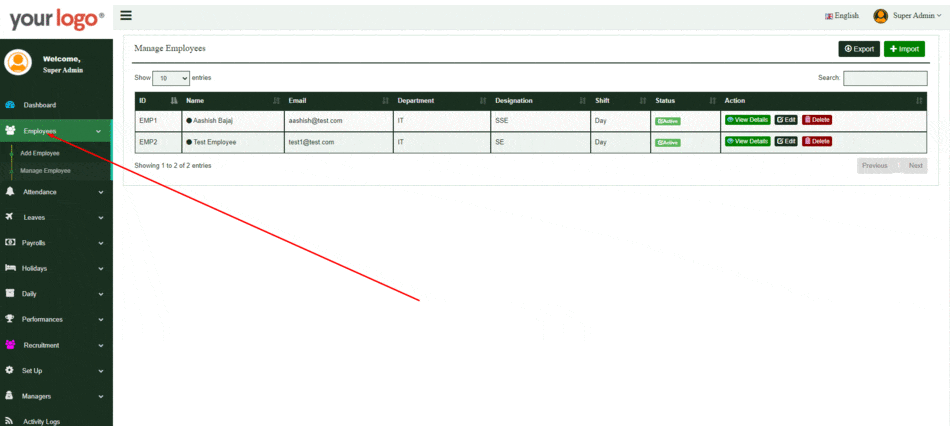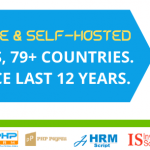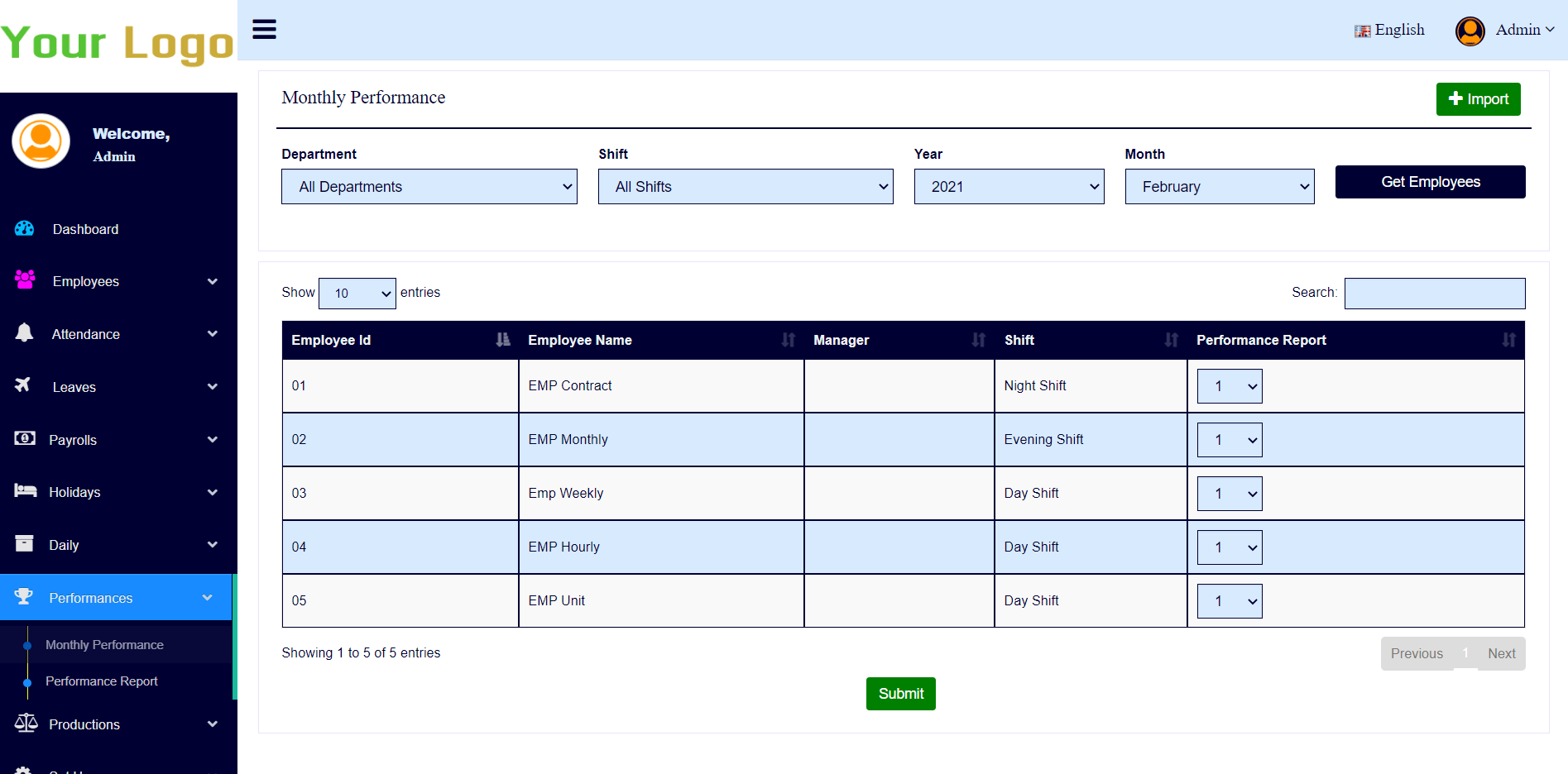Employee Performance Management In Company

It is the process of maintaining a high-performance culture within the organization or the company. Its main goal is to bring out the individual’s hidden talent and skills in order to align it with the organization’s goal in the long term. It helps to increase in the employee engagement and productivity. As the engaged employees stay longer, put their best effort into the workplace and produce better results or help to increase ROI of the company.
In every organization there is no fixed performance appraisal criteria; it varies from organization to organization.
Performance Management in HRM

Factors that influence employee performance
There are several factors that influence the employee performance, among them some important are –
• Work culture in the organization.
• Level of satisfaction and engagement of the employees.
• Opportunity offered to the employees to learn new skills.
• Based on employee’s skills work allocation is done.
• From the employees gathering knowledge on company’s objective and expectation.
• Rewards and recognition for the employees.
• Training and development program offered by the organization.
• Employee’s understanding on the degree of product.
Benefits of Employee Performance Management for Employees
Increases the satisfaction at work
Proper maintenance of the employee performance, it motivates the employees at work and helps to create a healthy work environment. Employees who are committed to their work are read to give their best potential for the organization.
Creating the healthy work environment
It helps to create a healthy work environment by reducing the conflict and enhancing the efficiency of the work. It creates a one-to-one discussion process about employees performance.
Creating better opportunities for growth and promotion
Regular performance management reviews the employee’s weaknesses so that the organization can provide training and appraisal opportunities according to the needs of the individual employees.
Synchronizing with organization goals
Employee performance management helps to align the personal goals with the organizational goals which not only fulfills the organizational needs but also the individual employees needs.

HR Roles in Performance Management

Setting of Short-term Goals
The setting of short-term goals is way easy, but communicating them with the employees is harder than setting long-term goals. It shows the right path to steer for effective realignment. The employees are aware of their own performance standards and the managers are finding it easier to steer them in the right direction for effective management of the company.
Defining Manager’s Goals
Identifying the managers goals and communicating them with the employees is the basic thing to foster the performance management system in the organization. The performance management helps to define the manager’s goals and also help to achieve it in order to achieve the organizational objective.
Consulting the Employees
Each and every employee should be reasonably accountable for their job. Consulting at the time of actual decision-making is important for the organization as well as for the employees.
Performance management tools should include the reward
It is important for each and every employee to establish KPIs, and link each employee’s professional worth so that rewards are offered in a fairer way. They should identify the feedback loop and understand the setbacks faced by the employees and improve them.
Evaluating the current performance appraisal process
By evaluating by the HR, you can now see where you might need to change things. Having a traditional annual appraisal may not work for many of the companies. There is exactly no need for more continuous feedback throughout the year to keep up with everyone’s progress in the company.
Identifying the organizational goals
HR plays an important role in performance management in identifying organizational goals. The whole HR can work toward achieving the organizational goals set and can help with the company’s development. Employee performance also plays an important role in this process as it helps in to ensure everyone is pulling in the same direction.


Setting the performance expectation
The HR are also responsible for setting the performance expectations in the performance management. HR should come up with new ways of agreeing to help in any weaker areas and give them the feedback. The performance reviews are beneficial to both the employee and the team as a whole while managing the expectations.
HR should be made sure that targets are realistic and specific to the employee. Objectives and the targets should be clearly defined, and are also not too difficult that the person may give up or not achieve it all, no matter what support is given. Consider setting the Smart objectives i.e., Specific, Measurable, Achievable, Relevant and Time-bound.
Monitoring and developing the performance throughout the year
The HR keeps checking in with the employees to ensure that they can manage their goals. They Concerns from employees or line managers need to be discussed as soon as possible in order to offer support, training or coaching if necessary. This helps to keep everyone on track and can thereby prevent small issues from escalating into big problems. As HR provides the people who have support and coaching from the seniors staff members will see improvement and the management will also get result of that.
Workforce planning
By linking with the business demands and resources requirements. Management will have the right people in the right place and at the right time. This is only possible as HR plays this important role in the company.
Communication and engagement
Whether a business is small or big, everyone in the business or company deserves feedback. The HR help the companies to create new ways to have performance reviews and help the employees for development. Having a good strategy for performance management strategy can be a catalyst that your business needs to grow. Good workers in the company are much more likely to stay in a job in which they are given or feel valued, heard, and also have the opportunities to help them to have a future company.
The HR of the company are totally connected for communication and engagement for better maintaining the performance management of the company.







